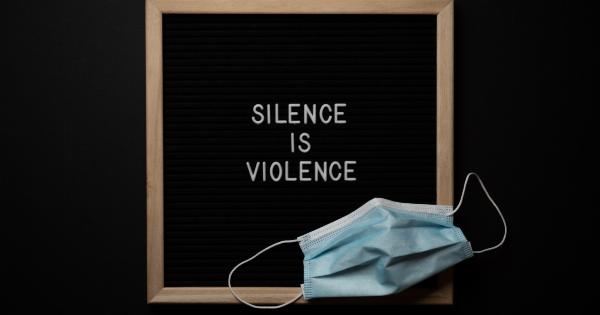Dyslexia is a neurological disorder that affects a person’s ability to read, write, and spell. If left untreated, dyslexia can have a negative impact on a child’s academic performance and self-esteem.
As a parent, it is important to recognize the signs of dyslexia early on and seek appropriate intervention. Here are some common signs that your child may have dyslexia:.
Difficulty with Phonological Awareness
Phonological awareness is the ability to hear and identify individual sounds in words. Children with dyslexia may have difficulty with phonological awareness.
They may struggle to recognize rhyming words, identify the beginning, middle, and end sounds in words, or blend sounds together to form words.
Trouble with Spelling
Spelling is often a challenge for children with dyslexia. They may forget the spelling of common words or have difficulty recognizing and spelling unfamiliar words.
Dyslexic children may also struggle with homophones, which are words that sound alike but have different meanings and spellings.
Poor Reading Skills
Reading is a key academic skill, and dyslexic children often have difficulty with it. They may read slowly and struggle to sound out words.
Dyslexic children also may have trouble remembering sight words, which are common words that are recognized immediately, such as “the” or “and.”.
Weak Writing Skills
Writing can be challenging for dyslexic children because of difficulties with spelling and grammar. They may struggle with sentence structure and organization. Dyslexic children may also have trouble expressing themselves in writing.
Problems with Math
Dyslexia can also affect a child’s ability to learn math. Dyslexic children may have difficulty with math facts, such as addition and subtraction. They may also struggle with reading and understanding word problems.
Difficulty with Time Management
Dyslexia can make it hard for children to manage their time effectively. They may take longer to complete assignments or forget to turn them in. Dyslexic children may also have trouble planning and organizing tasks.
Struggles with Memory
Dyslexic children may have difficulty with short-term memory, which can make it hard for them to remember instructions or follow multi-step directions.
They may also have difficulty remembering what they have read or what they have been taught in class.
Frustration with Schoolwork
Dyslexic children may become frustrated with schoolwork because they may not understand why they are struggling. They may feel embarrassed or ashamed, which can lead to low self-esteem and even depression.
Difficulty with Social Interaction
Dyslexia can affect how children interact with their peers. Dyslexic children may feel isolated or different from their peers, which can cause anxiety and low self-esteem.
They may also have trouble communicating effectively or expressing themselves verbally.
Inattention and Hyperactivity
While not all dyslexic children have attention deficit hyperactivity disorder (ADHD), these two conditions often coexist.
Dyslexic children with ADHD may have trouble paying attention in class, staying focused on tasks, or sitting still for extended periods.






























